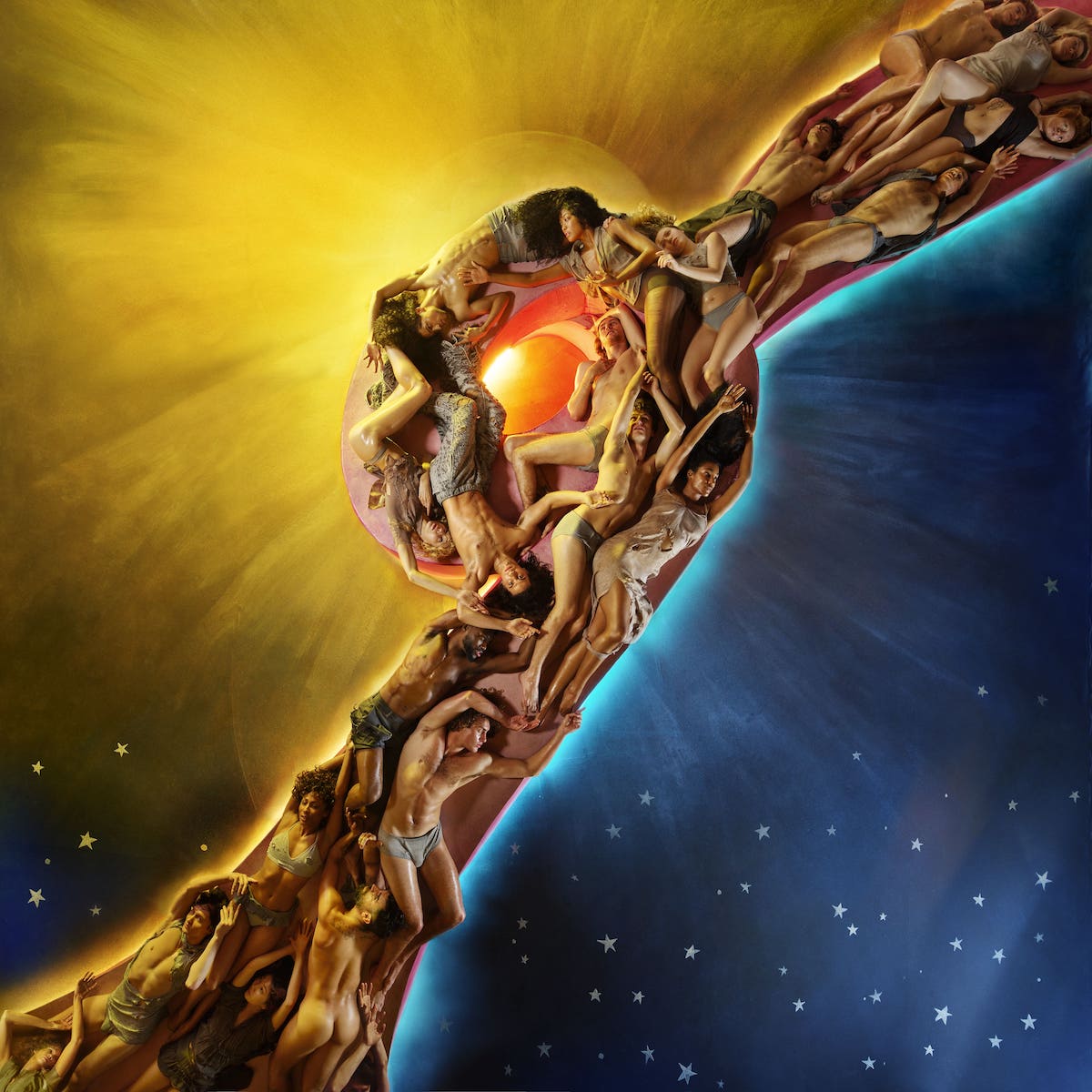Tedua is back! Three years of waiting in Italian rap is a lot, Marracash summarizes the risk well in one of the many feats on the album: “Every night I think about the game / how this profession has changed / full of deadlines so as not to expire”.
The record industry engulfs an already saturated market, young and hungry kids drop singles and albums every Friday chasing Spotify’s top 10 and sold out in arenas, trap-capitalist bulimia swallows, chews, spits, forgets. In this panorama Tedua represents an exception: his The divine Comedy it was announced several times, it was already talked about two years ago, but the tracklist was hastily closed only in May – the vinyl is not ready yet, it’s in print.
The reasons? Essentially two: a depression that arrived during the lockdown – his Hell – and now laid bare in rhyme in more than one track (“Light of reason/light this dark depression/once in the midst of chaos there was no Tao there was nothing/But only the block of writing”) and the Genoese rapper’s ambition to deal with something greater – Dante’s title was already a clue – that would satisfy his being an artist.
Yes, because the sixteen tracks that we can listen to today represent his own Purgatory, the path in which he experienced the difference between “who is an artist and who is an artist”, as he reminds us right at the end of the album. And the artist Tedua is just what our rap game needed today: not a skilled creator of punchlines nor a crafty entertainer who cooks hits, there are plenty of those, but a pop poet and sincerely maverick, enlightened not from the flow but from the emotion and the urgency to communicate with writing.
In the past Tedua had often been accused of going out of time, of supporting rhymes crookedly on the beats, and he worked on this, he made what could have been a flaw into a unique and precious virtue: today when you listen Luggage or Badly or the beautiful Red Light and you almost hear him scream from his very personal speaker corner you simply want to scream with him, and you almost forget that there is a base underneath.
Because writing is fundamentally Tedua’s muse, and he is keen to remind you: “I hope that Italian cinema returns to the success of its early days/And that rappers become writers” he says in Milan staircase“better fake intellectual than fake criminal” glosses in The truth. It would be provocative to nominate him for the Strega Prize, other than Top 10 Spotify!, in the midst of the soft novels of the dozen The divine Comedy he would stand out for his vitality and courage. His lyrical writing full of images (“scars”, “abyss” “selve oscure” cit!) is never predictable: who in 2023 would start a piece with “Affective shortcomings damage wounds worse than economic ones”? Who, besides Marra and a few others, would be able to write a text of autofiction and self-analysis without drowning in rhetoric? “I made my blood rotten / for the technique the metric / America / The truth is that I felt broken / putting my weaknesses up for sale / I was forgetting the method the belly / the son of stake that I am / Grew up on viaducts inside the blocks/From brats in a reformatory”, improvises in Luggage coming to terms with his own demons.
Who today would be able to write something proudly political without sounding pathetic? “In that square I saw graduates talking about politics, history and finance with dockers/I saw bullying, classism, sexism, racism/they just added a filter in the hypocrisy of social networks”, these rhymes of Outro Purgatory Elly Schlein should use them at a rally in Genoa. Who could be trapper and tele-preacher, poet and thug, Ol’ Dirty Bastard and Vasco in the same piece? Tedua only. For this and much more (we haven’t already talked about the featurings, I’ll summarize: they’re ok) it was worth the wait.


